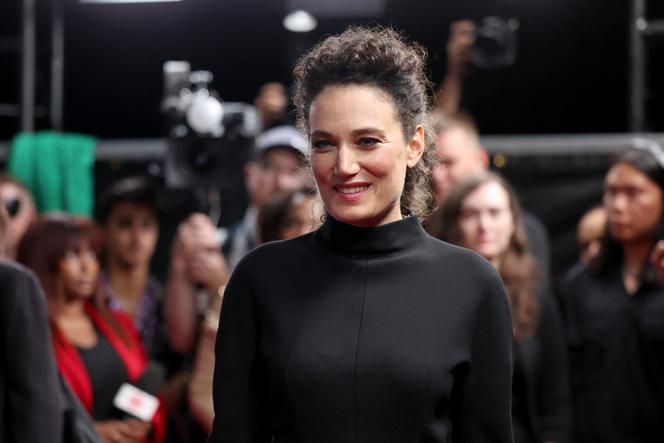


For her second film after Revenge (2018), a genre movie with a feminist approach, Coralie Fargeat stays in the same lane with her new film, which won Best Screenplay at Cannes.
I'd wanted to be a filmmaker since I was 16 or 17, and take La Fémis [France's most prestigious film school] entrance exam, but I needed to have three years of higher education. So I took the entrance exam for Sciences Po Paris. In my final year, I attended a film shoot. I spoke to the first assistant and told him I wanted to do an internship. A few months later, he called me. He was looking for an intern for an American film that was being shot in France, in Paris and the Luberon. I seized the opportunity and I went on.
I moved up to second assistant and started writing screenplays for myself while coming up with short stories for TV shows. My first short movie, Le Télégramme, got a lot of attention at film festivals. My problem was that I mainly wanted to make genre films, and in France, you can't find people for that. My first feature film, Revenge, had to be simple and inexpensive. It was a very linear script. I wanted scenes that would allow me to get to the bottom of my ideas and obsessions.
It was the non-realistic worlds that appealed to me, probably because I felt very inadequate and shy in real life. Imagination and travel made me feel alive. Creating fake with real excited me.
It's an idea that's been with me since I was a child. What should a girl look like? It's never been easy for me. I was rather unsuited to the dominant female model. I also said to myself: "When I'm over 50, my life will be over, no one will look at me anymore." That depressed me, and I thought I had to do something about it. The success of Revenge opened doors for me and gave me the freedom to express myself on this topic. I also became more aware of the possibility of taking a deliberately feminine, even feminist, look at the world. When a woman goes out into the street, she can't forget her body, unlike a man.
Nudity was very important to me. The question of women's bodies is really at the heart of the film. I'd like women to be totally free with their bodies, to be sexy if they feel like it, and not to be if they don't. It's hard to keep a certain freedom when you're the center of attention. I wanted to tell a story with nudity. Elisabeth [Demi Moore] is alone with herself in her bathroom, a place where no one can see her. The space of the outside world is that of Sue [Margaret Qualley], where the body is valued in its hypersexualization. Her way of existing is to respond to these glances, and it can be nice to be the center of attention.
You have 30.91% of this article left to read. The rest is for subscribers only.
